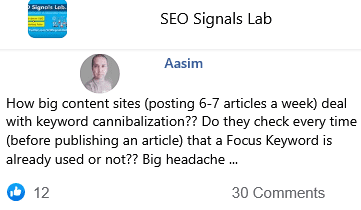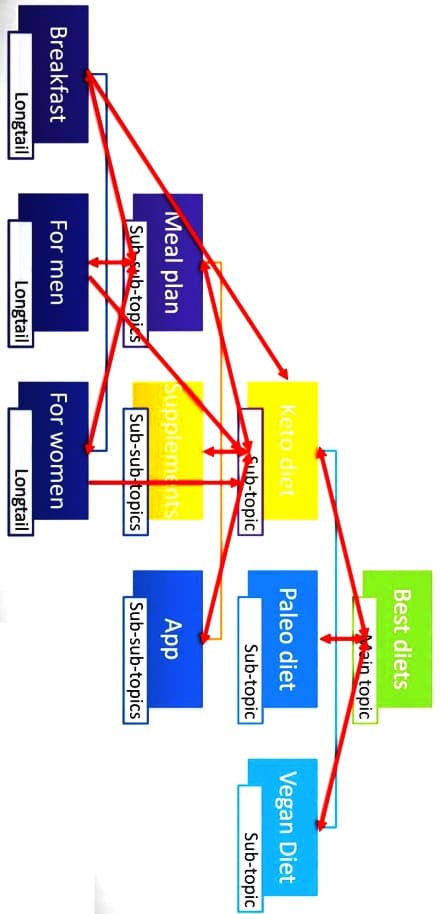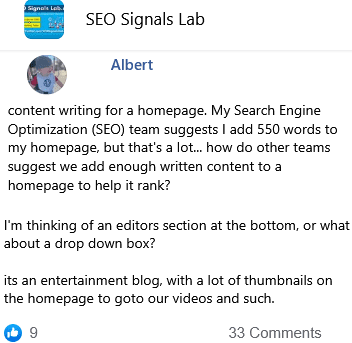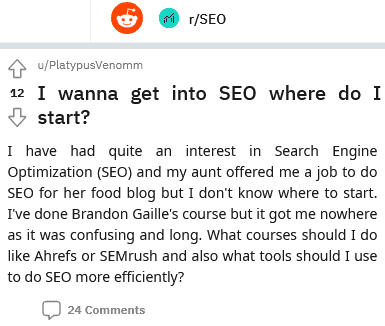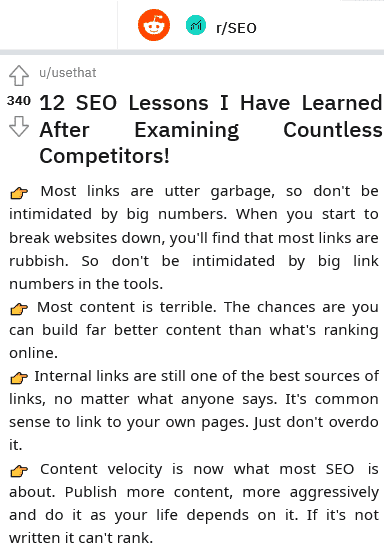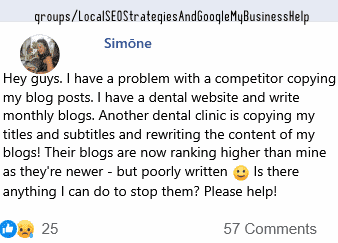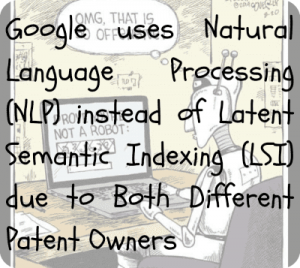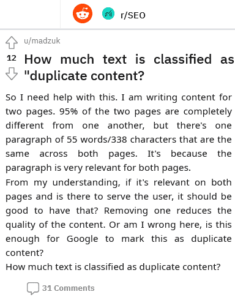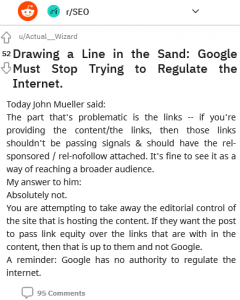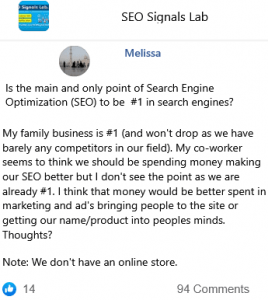How big content sites (posting 6-7 articles a week) deal with keyword cannibalization?? Do they check every time (before publishing an article) that a Focus Keyword is already used or not?? Big headache …
12 👍🏽1230 💬🗨
📰👈
Very large like buzzfeed or other news sites, yes and no. Yes, they do check for uniqueness but not much. Good posts will rank better anyway. And as long as the title and topic scope is not the same or very close – its good. Also most big sites publish feature style articles – articles in free writing not much concerned about keyword optimization. And will have proper planning and mapping for cornerstone/skyscaper articles or articles with keywords in mind.
For small sites, that you can afford to check, yes you should. But large sites even small sites publishing a lot tend to publish closely similar articles. And usually publish and try to rank for very specific keywords.
And a routine check up on ranking keywords and pages should be enough to track cannibalization, then a very easy canonicalization task should fix what pages you intend to rank.
Truslow 🎓
Ultimately, you don't want to think in terms of keywords… well, that's not exactly true. Keywords are a part of it – but not the end game. You do some keyword research at first to see what people are searching for and maybe get some clues as to the level of competition – and then much later on in the process you go back to them because they're obviously words you're going to want to make sure are on the page.
But there's so much more to it than just that. Once you have a batch of keywords, you need to step back and look at them… think about what someone who types in those words is actually looking for. Now… you think about whether or not you can provide them with what they are looking for and/or if providing them with that will stand to make you some money. If no… move onto the next. If yes… the go to the next step.
At this point you need to look at the site already – do you already have some content that meets that need and just doesn't really consider those keywords or entities? If so… it might not be new content you're wanting but rather, updating the existing content that already meets that need. If you have no content to meet that need – then NOW you can say, "Okay… we need content to meet this need – let's make it. "
And… of course, there will be no keyword cannibalization going on because it's meeting a new need or new variation/set of specifics around a more broad need.
If you are creating content just to hit on keywords – cannibalization won't even matter. You're going to have other problems – like "Crawled Not Indexed" things or many of the other questions that pop up in this group each and every week.
If you are identifying needs and fulfilling those needs, then you won't have cannibalization because you're only going to meet that need in the same way once. If you want to meet that need again in another way – then the intent and meaning will be different and both pages will support rather than detract from one another.
💟7
Mike
Just having multiple pages targeting the same keywords does not hurt any of their chances of ranking.
Where it can be an issue is having the internal and external link equity be split among them. Having it consolidated to one page certainly gives that page a better chance of ranking high.
Outside of that, it really doesn't matter.
You mean KC doesn't exist and you can publish as many articles as you want for the Same Focus Keyword??
Rienzi » Aasim
Explain KC?
Aasim ✍️ » Rienzi
Keyword cannibalization
Rienzi » Aasim
You mean keyword overlap. It's not an issue unless you have multiple pages vying for multiple keyword atst. unless pages you don't want ranking are on top which is not a bad idea in most cases.
Allen » Aasim
Keyword cannibalization is one of the many myths/misnomers/rumors put out by Moz over the last few years. In 2021 it's actually good for rankings to cover as many aspects of a topic as possible – it shows you are an authority, and with semantic clustering, it's powerful.
The way you make sure it's just not a haphazard "write 5 articles about X topic and just see what happens" is with site siloing (plan which article belongs where), and distinguishing them with internal linking. If you're writing an article about hybrid cars, and another one about purely electric cars, you could cross-link between the two, making sure to use the differentiator in the anchor text. So I would mention "hybrid" in the link from Electric cars to hybrids, and vice versa with electric. This not only doesn't hurt your rankings, it helps, and having 2 related articles link to each other is a good thing.
Mike » Aasim
I mean that keyword cannibalization as a ranking problem (the way that some of the 'gurus' out there explain it) is not real.
Aasim ✍️ » Mike
Thanks
Wilson
One thing I have learned from asking SEO users, is that you always get an answer. If you are still stuffing your article with words. You do not understand the game. Hint: it's a content management game.
💟2
Mark
The smart ones use keyword grouping tools like KeyClusters – https://youtu.be/ePmRbwp4Abk – and they map and track everything in a content management spreadsheet or use tools like Airtable.
YouTube.COM
How To Use KeyClusters With Ahrefs To Create Topical Keyword Clusters
📰👈
Are UGC Sites like Quora, Medium, and High Authority Forums in Your Niche Being Stronger than Sites Managed by One Person?
How do You Fight in Saturated Niche With Your Websites Against Other Websites?
To Prevent Tags and Categories be Keyword Cannibalization
Are the Same Page Slug With and Without index.html Counted as Duplicate Content?
Does Google Penalize Duplicate Content?
